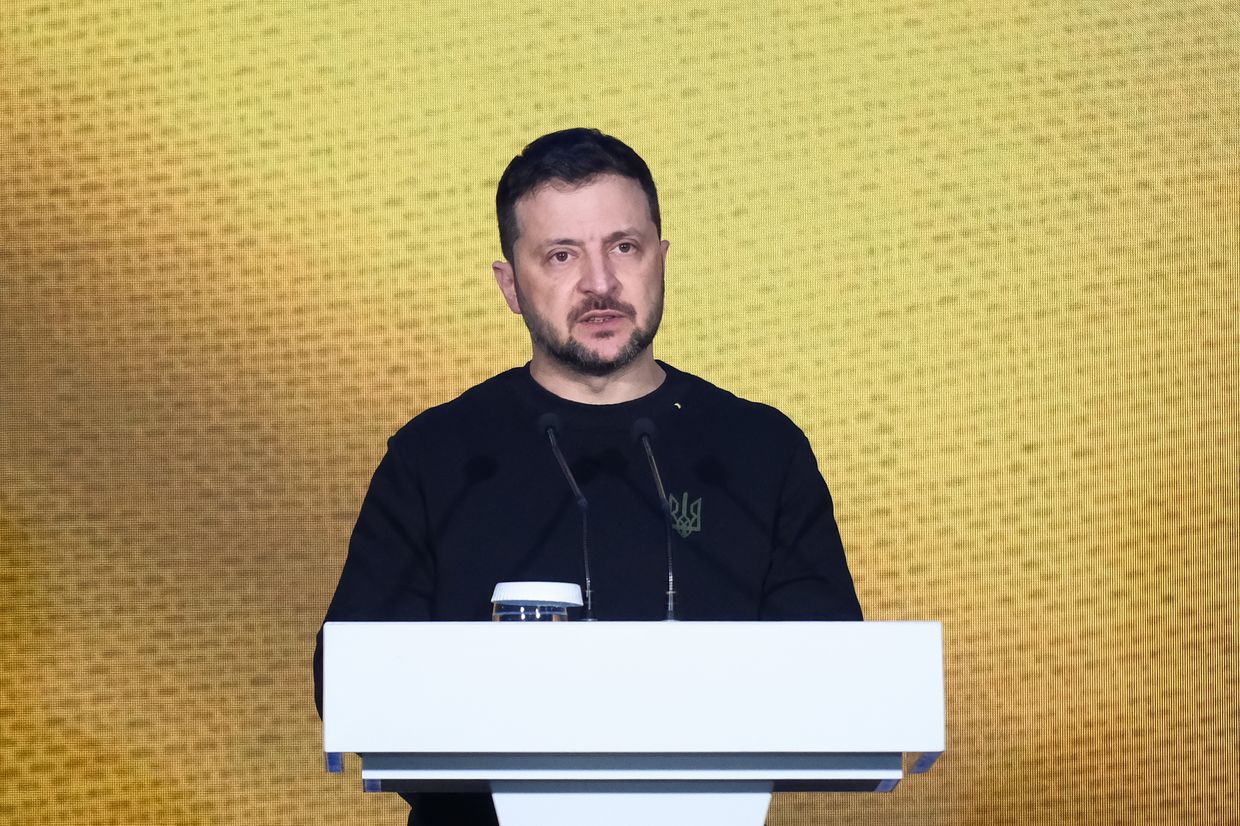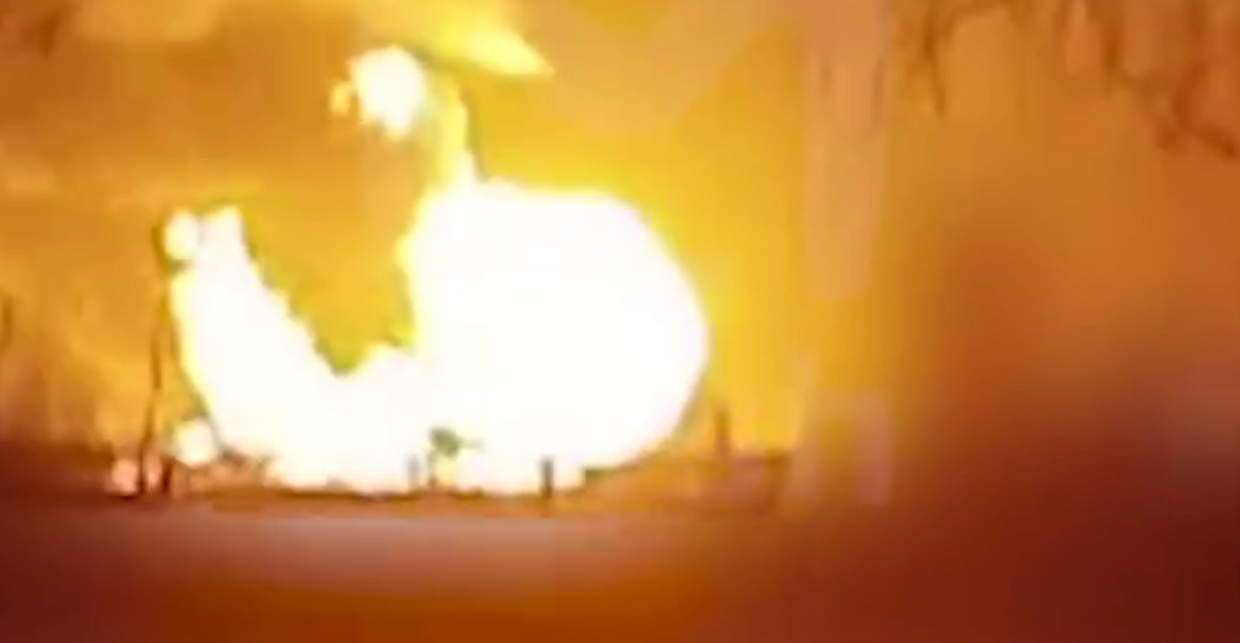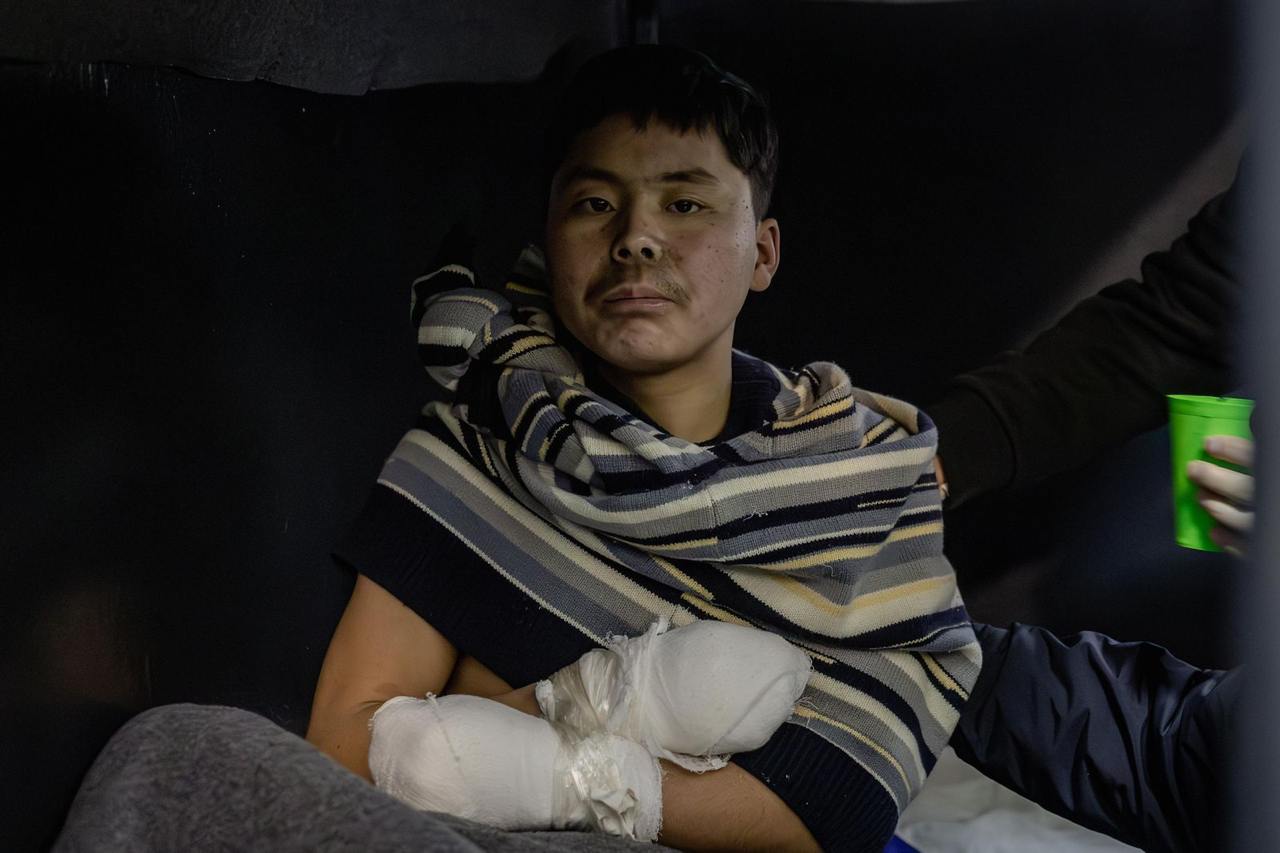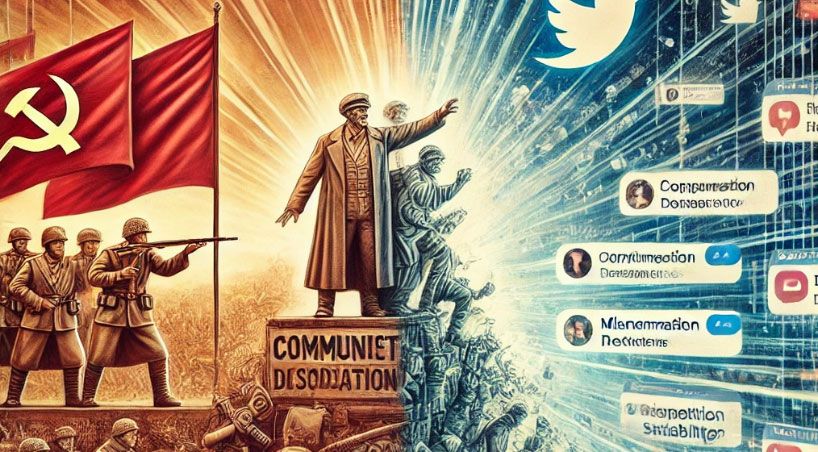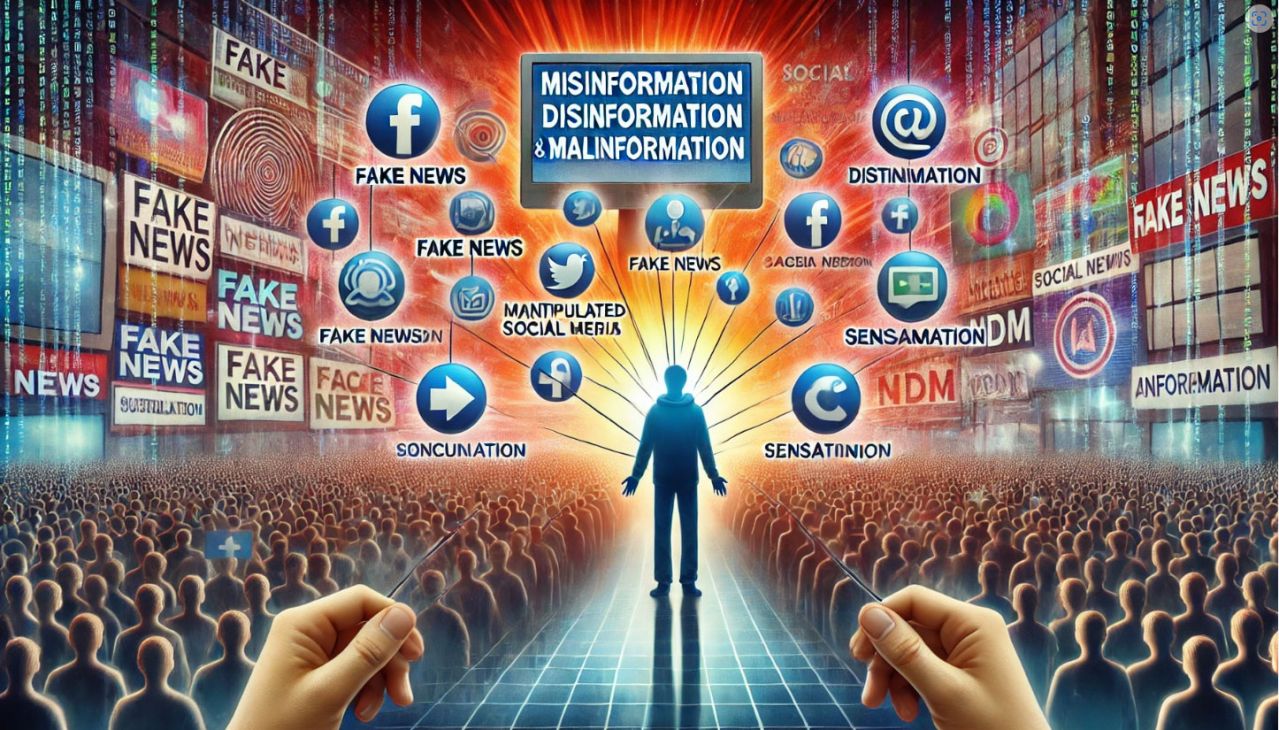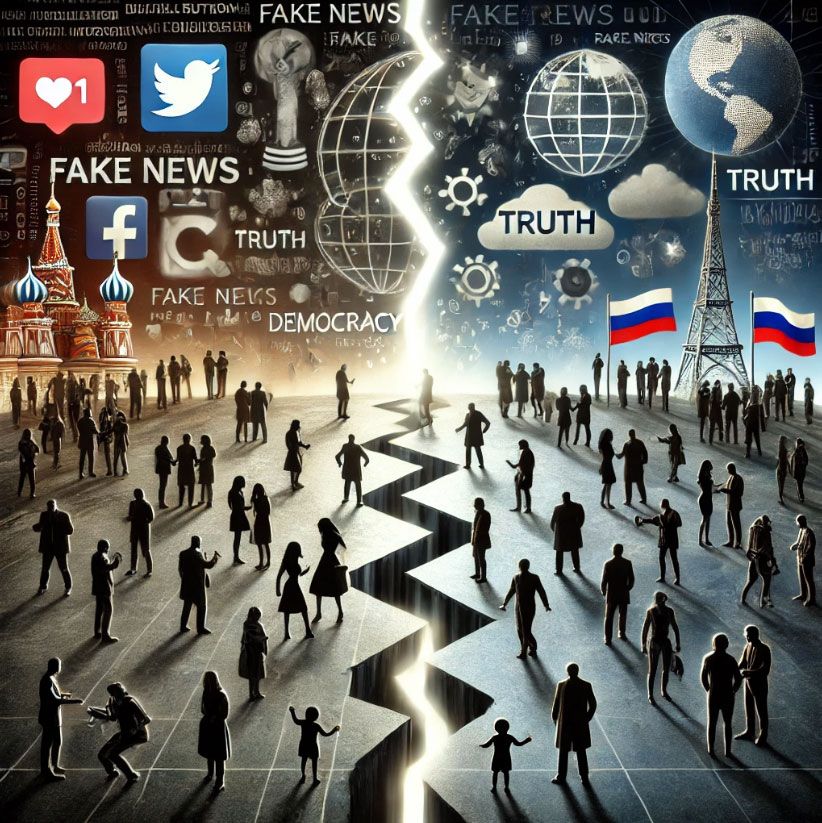Defining Reality and Combat Propaganda
Reality, in this context, refers to a societal commitment to truth, transparency, and the free flow of accurate information. However, even societies dedicated to these principles can struggle with misinformation and the challenges of maintaining an informed public.
Combat propaganda involves the deliberate dissemination of false information. This false information is often disguised as originating from a different source to deceive and manipulate public perception.
This form of propaganda is particularly insidious, as it masquerades its origins, making detection and counteraction challenging.
Society A: Rooted in Reality
In a society where truth and transparency prevail, information is accessible, and governance is conducted openly. Such an environment fosters public trust, encourages civic engagement, and promotes accountability.
The benefits are manifold:
- Media Freedom: A free press operates without fear of censorship, providing citizens with accurate and timely information.
- Social Cohesion: Trust in institutions and among citizens leads to a cohesive community, resilient in the face of challenges.
- Innovation and Progress: Open access to information encourages innovation, scientific advancement, and economic development.
The Organisation for Economic Co-operation and Development (OECD) notes that transparency is expected to contribute to building trust in government, legitimizing decision-making, and increasing policy compliance (OECD, 2022).
Society B: Consumed by Combat Propaganda
In contrast, a society saturated with combat propaganda becomes a breeding ground for distrust, division, and authoritarian control. Combat propaganda distorts reality, spreads fear, and manipulates public opinion to serve hidden agendas.
Its consequences include:
- Media Manipulation: State-controlled or infiltrated media outlets propagate falsehoods and suppress dissenting voices.
- Erosion of Trust: Misinformation fractures social cohesion, breeding suspicion among communities and undermining institutions.
- Stifled Innovation: Fear and censorship suppress creative thought and scientific progress.
An example is the extensive use of combat propaganda in authoritarian regimes, such as the Soviet Union's disinformation campaigns during the Cold War, where fabricated stories and forged documents were used to discredit Western governments and suppress dissenting voices domestically. (Freedom House, 2023).
Point-by-Point Contrast
| Aspect | Society A: Rooted in Reality | Society B: Consumed by Combat Propaganda |
|---|---|---|
| Media | Free and independent press | State-controlled or manipulated media |
| Social Trust | High community engagement | Fragmented, suspicious society |
| Governance | Transparent and accountable leaders | Authoritarian consolidation of power |
| Innovation | Encouraged and thriving | Suppressed and stagnant |
The Corrosive Cycle of Combat Propaganda
Combat propaganda thrives on a feedback loop of fear and division. Disinformation campaigns exploit societal fractures, deepen polarization, and fuel conflict.
As trust erodes, authoritarian leaders may tighten control, justifying repressive measures under the guise of "security" or "stability."
This cycle normalizes falsehoods and suppresses dissent, creating a society where manipulation is the norm.
The Value of Reality
Societies grounded in truth and transparency foster resilience and adaptability. They are better equipped to counter manipulation, uphold democratic values, and drive sustainable progress.
Media literacy programs, open governance, and critical thinking are essential tools to reinforce this foundation.
Initiatives like Finland's national media literacy curriculum and UNESCO's Global Media and Information Literacy (MIL) Week exemplify successful efforts in fostering critical thinking and resilience against misinformation.
Conclusion
The divergent paths of these two societies underscore the critical importance of safeguarding truth.
In an age where disinformation campaigns are increasingly sophisticated, investing in transparency, accountability, and media literacy is not just beneficial—it is essential for societal survival and progress.
The choice between reality and deception determines whether societies flourish in freedom or crumble under manipulation. This pivotal decision influences not only national destinies but the future of global civilization.
Will we rise to defend truth and transparency, or allow deception to dictate our future?
Join us!



